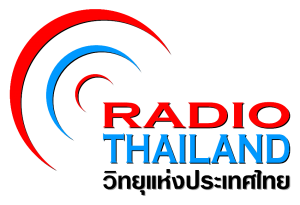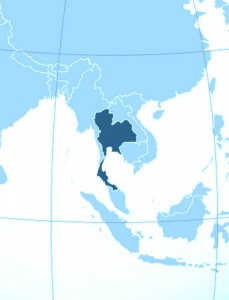 The Friends of the ABC have asked for your help to support Radio Australia.
The Friends of the ABC have asked for your help to support Radio Australia.
In short: the ABC (Australian Broadcasting Corporation) is trying to cope with a 60% cut in funding resulting from the loss of the Australian Network contract. There are fears that Radio Australia could be cut significantly as a result; after all, the number of Australians listening to Radio Australia domestically (either online or via shortwave) is very low.
Those of you who followed the Canadian Broadcasting Corporation‘s cuts in 2012 will remember that Radio Canada International was consequently dealt an unfair and crippling budget cut. I believe the Friends of the ABC’s fears are not unfounded.
Below, you’ll find the message from Friends of the ABC with contacts to send your letters of support:
Please take a few moments to write to the Managing Director of the ABC in support of the staff of Radio Australia, who are facing a 60% cut in funding, not by the government directly, but by ABC management!
-Mal Hewitt – President, Friends of the ABC NSW
Message from Jemima Garrett, Pacific Economic and Business reporter, ABC Radio Australia:
“As a long term member of ABC staff I am writing to you now because of a new and urgent threat to Radio Australia. As I am sure you know Radio Australia is a vital service in the Pacific Islands reporting on and covering issues that no other media outlet covers. It has huge audience ratings but is often forgotten in Australia because it is not heard here. The cuts to Australia Network are now set to affect Radio Australia as well. In tough time[s,] radio is an inexpensive and effective way of maintaining our expertise so that we are ready to rise like a phoenix when the political environment improves. It is also able to report on more issues, in more depth and more quickly than TV and therefore is an important source for and method of keeping our online offering as rich and varied as possible.”
Please send you views to:
- Managing Director [email protected],
- Director of News [email protected],
- Director of International [email protected],
- Head of ABC News Content [email protected],
- Editor ABC Asia Pacific News Centre [email protected] and
- staff elected Director Matt Peacock [email protected].
Background:
ABC management is looking at how to cope with the budget cuts resulting from the cancellation of the Australia Network contract. This doesn’t just affect Australia Network but may result in substantial cuts to Radio Australia as the ABC tries to use some of the money it still has for radio to keep some TV programs, contracts in Asia, the mobile and online services connected with Australia Network going too. The scale of the cut is huge – 60 per cent of our budget has been lost ($21 of $35 million a year). This is for broadcasts to a geographic area ranging French Polynesia in the east to India in the west and FSM and China in the north. (Jemima Garrett, Pacific Economic and Business reporter, ABC Radio Australia)






